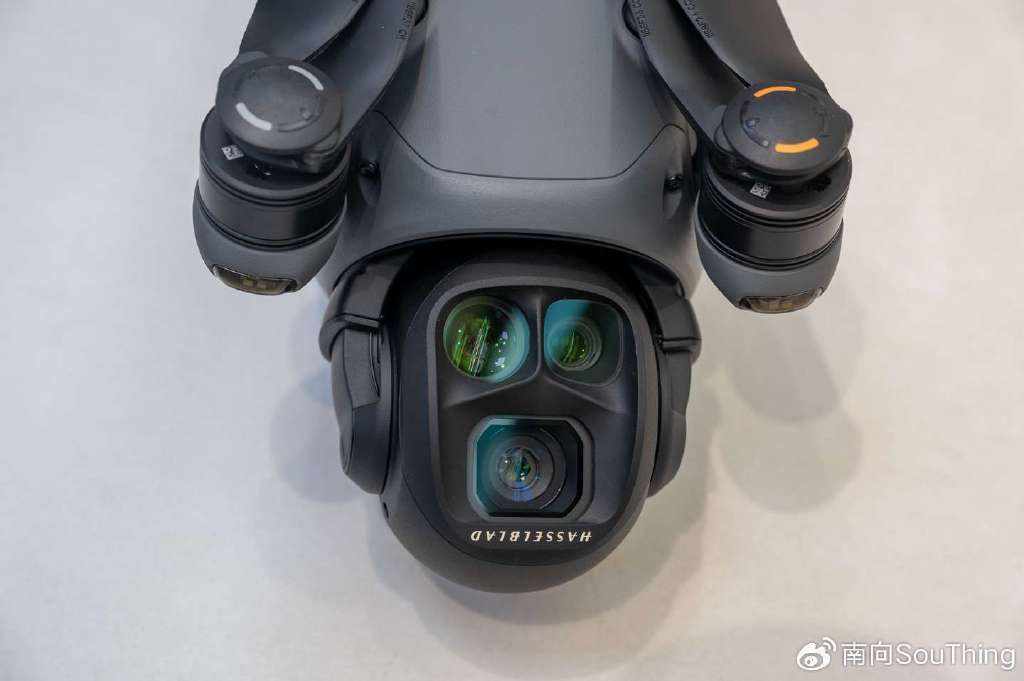Understanding Drone Licensing Requirements
The popularity of drones has soared over recent years, leading many to wonder: do you need a license to fly a drone in the United States? The answer depends on various factors including the purpose of drone use, the weight of the drone, and the jurisdiction in which you are flying.
Hobby vs. Commercial Use
One important distinction to make is whether the drone is being flown for recreational or commercial purposes. For recreational flyers, the FAA requires adherence to the guidelines set forth by The Exception for Recreational Flyers. This includes passing The Recreational UAS Safety Test (TRUST) to ensure familiarity with airspace rules.

On the other hand, commercial drone operations require a Part 107 certification, which involves passing the FAA’s Aeronautical Knowledge Test to obtain a remote pilot certificate. This certification ensures the commercial operator understands regulations, operating requirements, and procedures for safely flying drones.
Drone Weight and Licensing
Drone weight is another significant factor impacting licensing requirements. In the US, any drone weighing more than 0.55 pounds must be registered with the FAA, regardless of its use. Registration is essential as it helps in accountability and ensures that owners are kept up-to-date with necessary guidelines and regulations.
International Considerations
If you’re planning to fly your drone internationally, it’s crucial to check local regulations there as drone laws vary significantly from country to country. Some nations require explicit permission or additional certifications.
Special Use Cases
Public service drones, such as those used by police or firefighters, may have additional exemptions and requirements. It’s important to consult directly with regulatory bodies to ensure compliance.
Privacy and Safety are important considerations. Drone operators must ensure their activities do not infringe on privacy rights and adhere to safety guidelines to avoid legal issues.